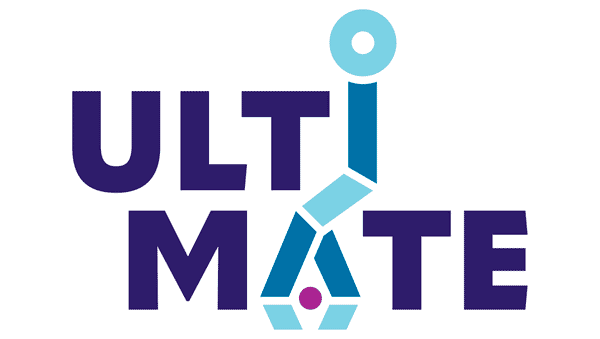
Trustworthy AI – a Legal Orientation
Stanley Greenstein (Jur. Dr.) is a Senior Lecturer (Associate Professor) in Law and Information Technology (IT) at the Department of Law, Faculty of Law, Stockholm University. He is also a co-worker at the Swedish Law and Informatics Research Institute (IRI, https://irilaw.org/) and a Digital Futures faculty member. Stanley’s main area of interest is the interaction between technology and law. In this regard, his teaching, research and practical participation in project work has centred on the topic of artificial intelligence (AI) and its ethical and societal implications.
One of the functions of the law is to protect society from risks. While there are many advantages to society from the development of emerging technologies, like Artificial Intelligence (AI), there are also risks. As the risks associated with AI have become more widely apparent, so too have the regulatory initiatives with which to address these risks increased. The European Union has identified that the advantages of AI must be harnessed, however, in order for Europeans to embrace this technology, it needs to be trusted. It has therefore developed a regulatory strategy in order to mitigate the risks associated with AI and in turn encourage its use. This presentation will provide an orientation on current and forthcoming regulatory initiatives in relation to trustworthy AI and in doing so facilitate cooperation between different academic disciples all working together in order to create trustworthy AI.




